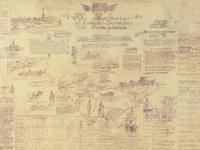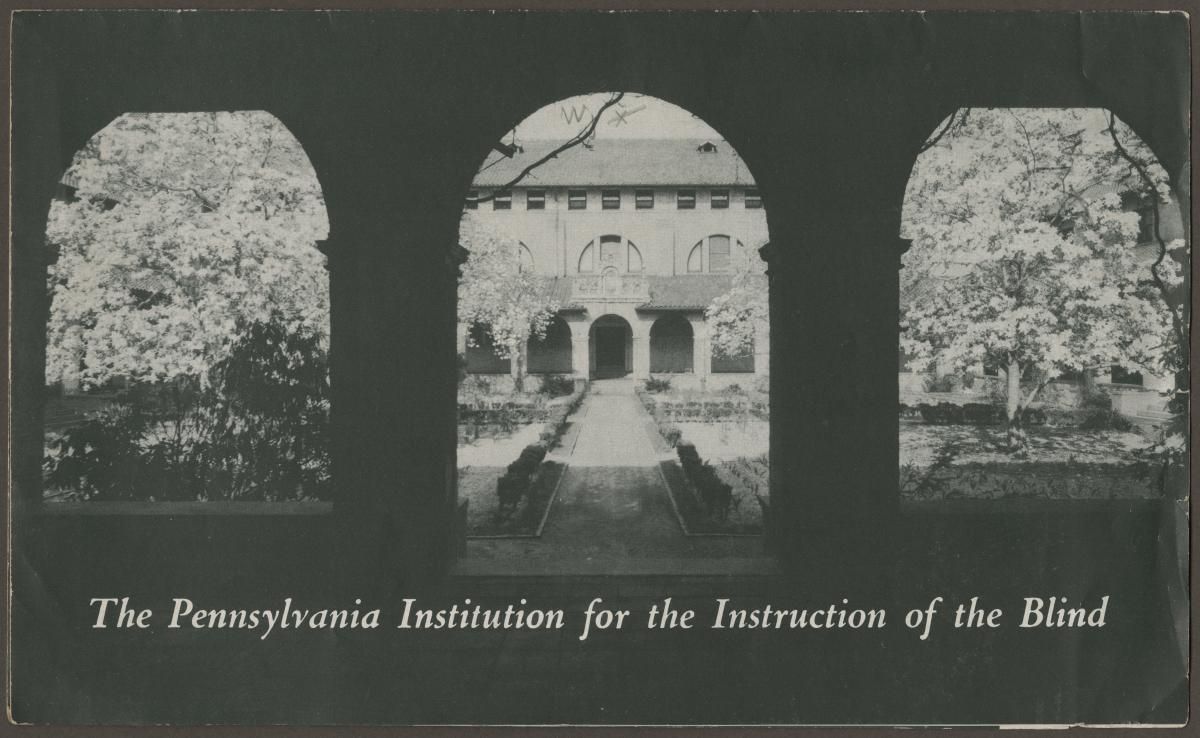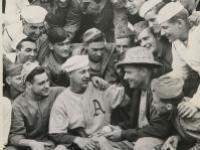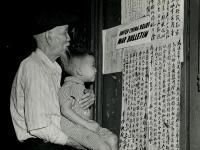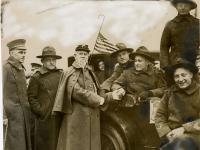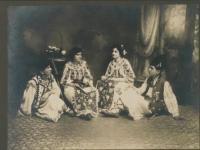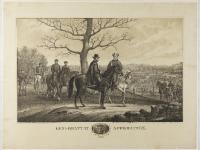Exhibits
Exhibits
|
The definition of genealogical research is “the study or tracing of lines of descent,” more commonly known as discovering your family history. While that is true, to document and understand family history, one also needs to research and understand the historical context in which ancestors lived. Genealogists often encounter documents that link their family history to significant historical events and time periods. When these elements are put together, the lives of one’s ancestors more fully take shape. |
|
|
What does “translate” mean? We often think of translation as the process of converting words from one language to another. But what about when one translates text into art? What is being translated? |
Theater can both reflect racism against African Americans and offer a vehicle for activists to fight against discrimination. In this way, theater tells the story of the struggle for racial justice from the late 1800s through the twentieth century. |
|
With its warm and often sunny weather, summer is a prime season for sports activities across the Northern Hemisphere. Many people enjoy sports as a form of exercise or as a social or leisure activity, while a more select number play professionally. Additionally, sports can bring people together and provide a sense of community or instill a sense of nationalism among both players and spectators. |
“Bring me your tired, your poor, your huddled masses.” The essence of the American dream is rooted in the tales of immigrants. Their stories of overcoming adversity are profound examples of the American dream: freedom and equal opportunity for all who pursue a better life for themselves and their families. |
|
Between 1914 and 1918, much of the world squandered life and industry in a 500-mile trench gouged from Belgium’s North Sea coast to the Franco-Swiss border. The visual record of this conflict ranges widely, from patriotic propaganda to aerial photographs. |
The 1763 Conestoga Massacre was the brutal murder of 21 Susquehannock men, women, and children by a vigilante group of Scotch-Irish frontiersmen from central Pennsylvania (known as the Paxton Boys). These frontiersmen and their families had settled on American Indian lands in violation of established agreements between the Quakers and various tribes. Several tribes raided frontier settlements in response to this encroachment and, in retaliation, the Paxton Boys attacked the Susquehannock, who they claimed had passed “secrets” to hostile groups. |
|
For many Americans – young and old – the Second World War occupies a privileged place in popular memory: It was “The Good War” fought by “The Greatest Generation” armed with “The Arsenal of Democracy.” |
Debates about immigration and citizenship have played a major role in the run-up to the 2016 presidential election. This document display highlights some of the Historical Society of Pennsylvania’s collections on immigrant cultures, communities, reception, and acculturation from the 1700s to the present day. |
|
1865 was a pivotal year in American history. With the end of the Civil War, Lincoln’s assassination, and the beginning of Reconstruction, politics were forever changed. Lives were changed too. |
Among the many treasures of the Historical Society of Pennsylvania are two handwritten drafts and four printed documents that trace the genesis of the new form of government proposed by the Constitutional Convention. |

